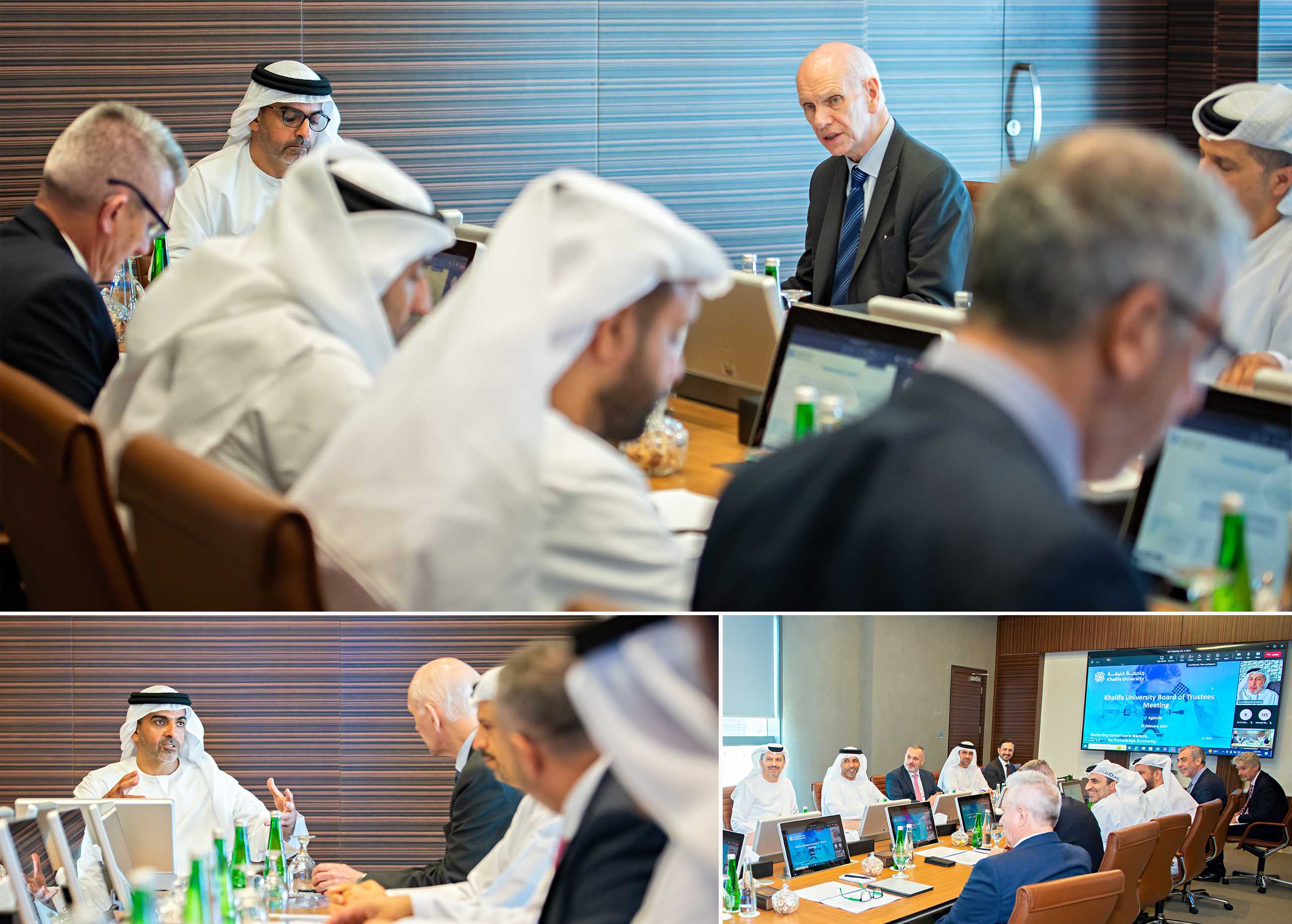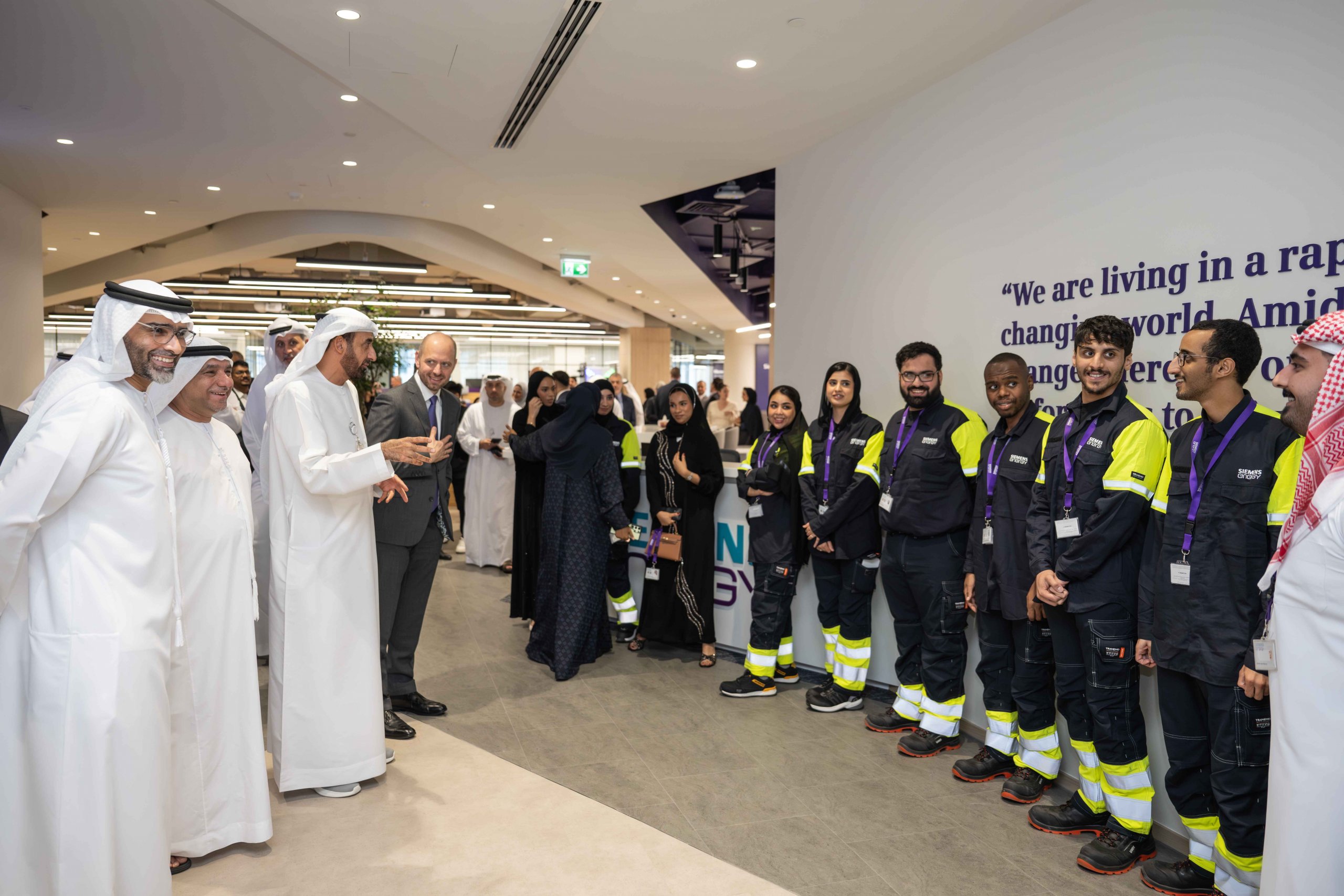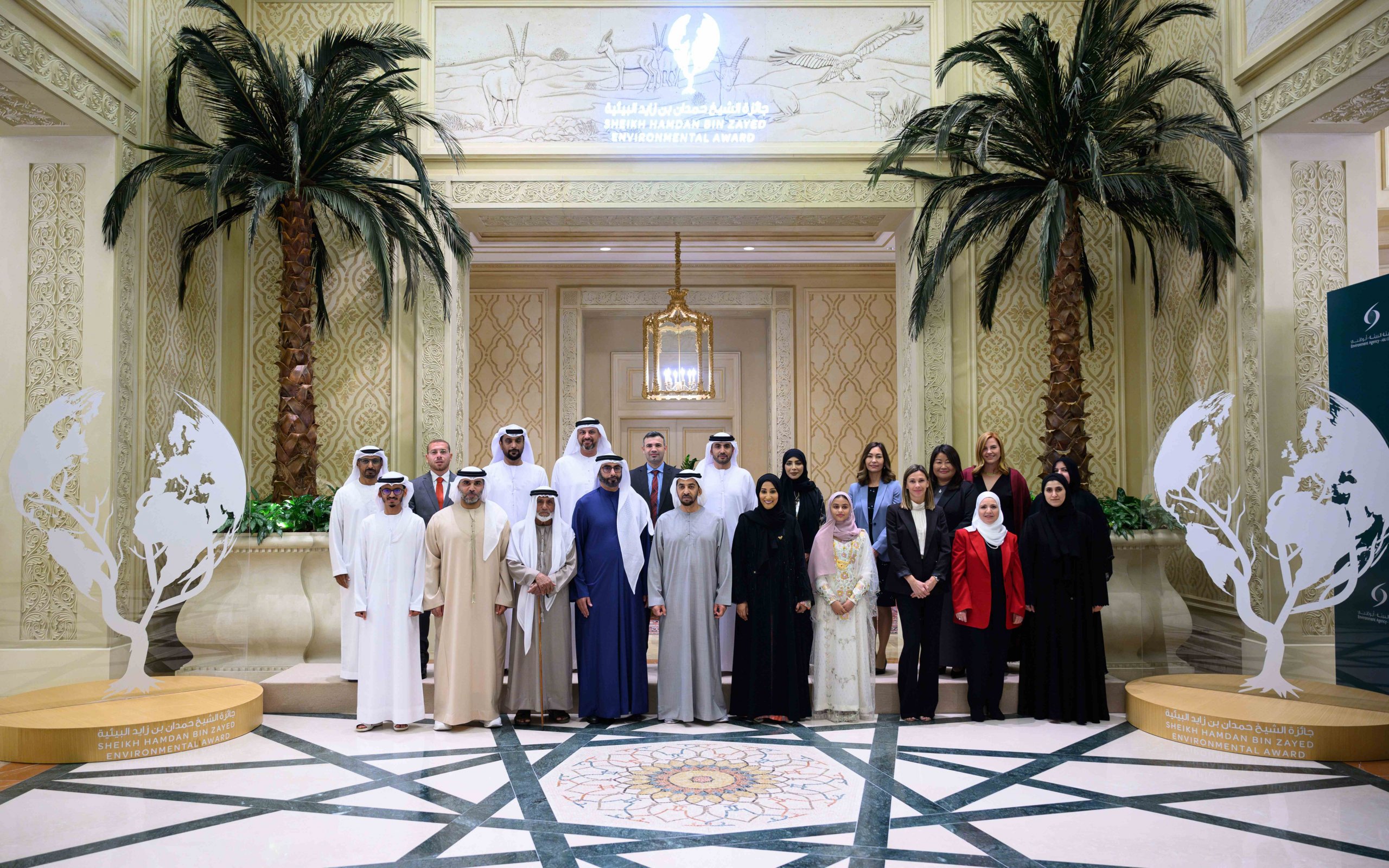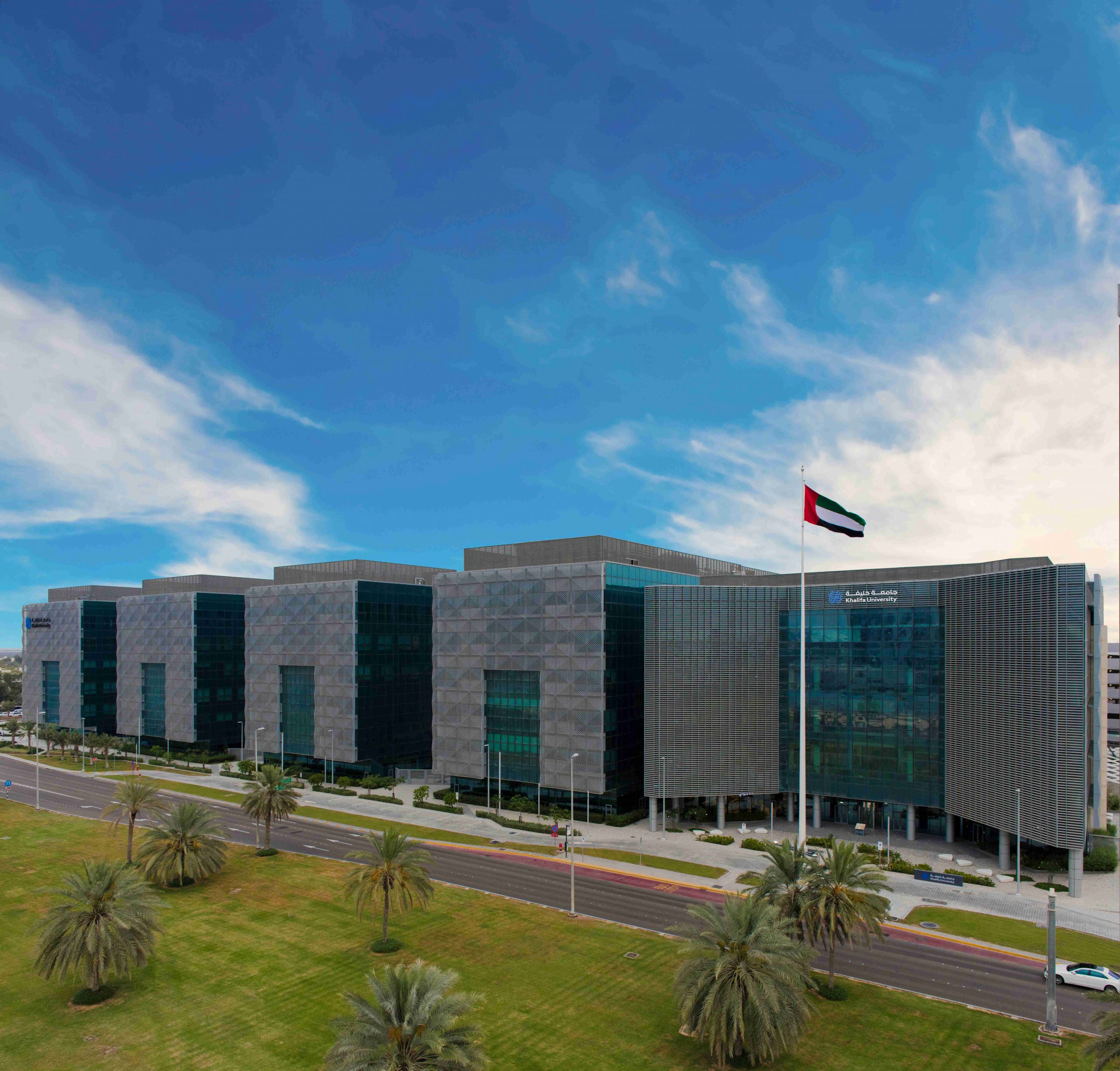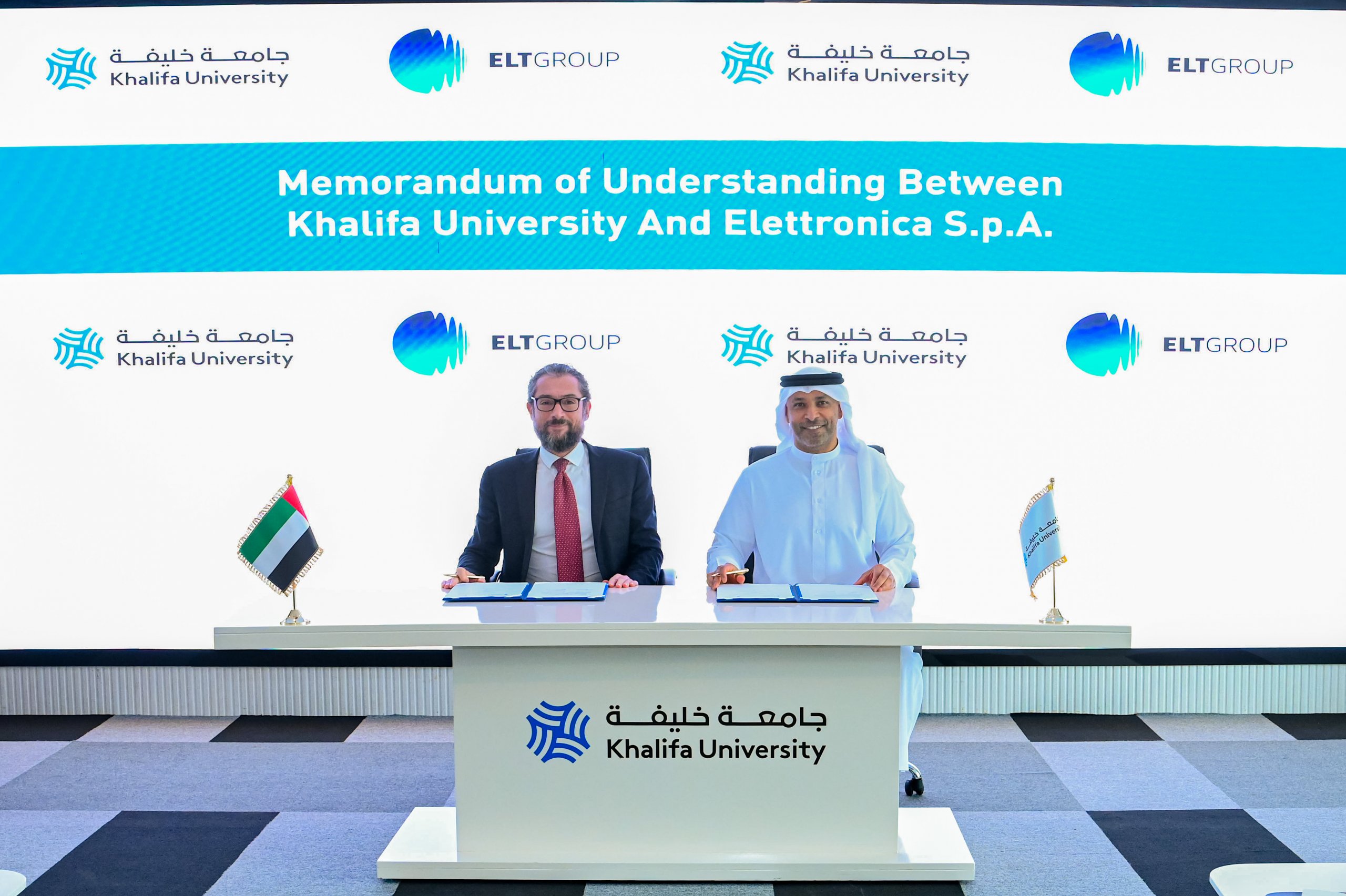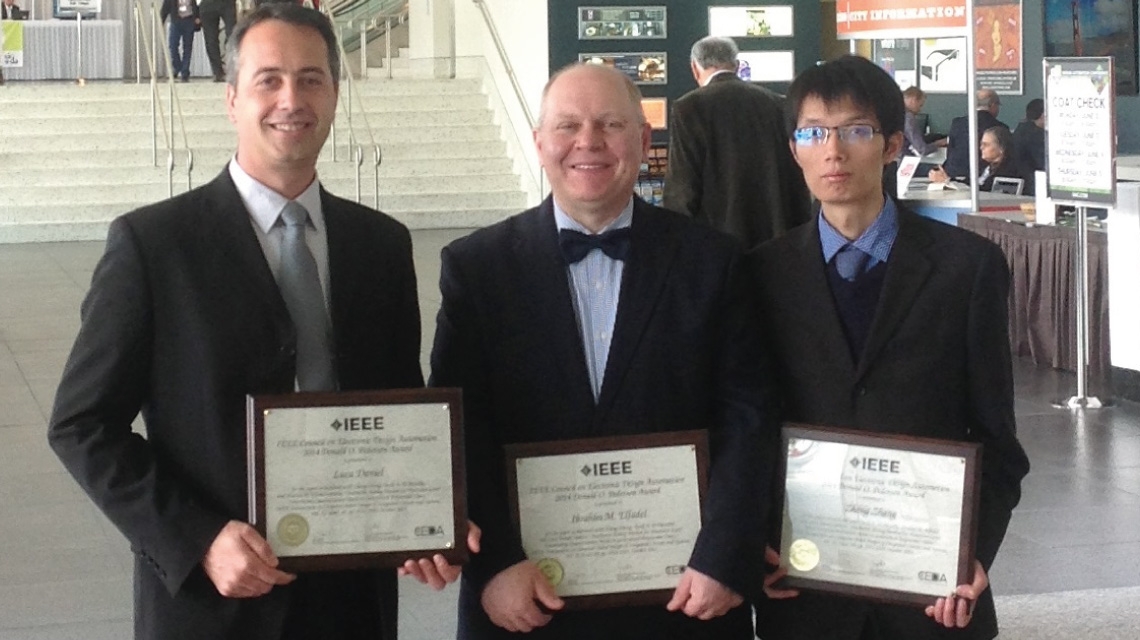
Abu Dhabi-UAE: 23 July, 2014 – Masdar Institute of Science and Technology, an independent, research-driven graduate-level university focused on advanced energy and sustainable technologies, today announced a scientific paper submitted by a faculty team from MIT and Masdar Institute has won the prestigious Donald O. Pederson Best Paper Award (IEEE TCAD Best Paper Award) 2014.
The winning authors, Mr. Zheng Zhang, Dr. Tarek A. El-Moselhy, Dr. Ibrahim (Abe) M. Elfadel, and Dr. Luca Daniel, received an unprecedented three nominations for their paper titled ‘Stochastic Testing Method for Transistor-Level Uncertainty Quantification Based on Generalized Polynomial Chaos’. The paper was a joint research project undertaken under the MIT-Masdar Institute Collaborative Research Program.
The award was presented on 2 June at the Award Ceremony of the 51st Design Automation Conference (DAC) that was held in San Francisco, US, between 1-5 June.
Sponsored by the IEEE Council on Electronic Design Automation (CEDA), the Donald O. Pederson Award recognizes the best paper published in the IEEE Transactions on Computer-Aided Design of Integrated Circuits and Systems in the two calendar years preceding the award. Any paper published in the Transactions during this period may be nominated for the award. Various factors are taken into account while judging the nominees, including the overall quality, originality, level of contribution, subject matter, and the timeliness of the research.
In its award citation, IEEE CEDA describes the paper as an ‘outstanding accomplishment’.
Dr. Fred Moavenzadeh, President, Masdar Institute, said: “The award represents a great moment for the MIT-Masdar Institute Collaborative Research Program that is supported by the UAE leadership. Congratulations to the faculty of both institutions for winning the first such award for a project under this Program and we hope to see similar feats in the future.”
The benefits of this research paper include an ‘improved statistical benchmarking of high-tech products based on integrated circuits’, ‘efficient assessment of manufacturing tolerances and their impact on the fabrication yield of integrated circuits’, as well as a ‘reduction in the cost of statistical testing methods of integrated circuits’.
Dr. Elfadel, Head of Institute Center for Microsystems, said: “The paper deals with novel and unique methods for the rapid evaluation of the impact that fabrication tolerances and similar uncertainties have on the behavior of the integrated circuits that make up the micro-electronic fabric of the modern world. This is a problem that is as old as the field of integrated circuit design itself, but this paper provides a novel method for solving it that is rapid, reliable, and reproducible.”
Another paper based on the same MIT-Masdar Institute collaborative project was presented at the conference under the title ‘Remembrance of Transistor Past: Compact Model Parameter Extraction Using Bayesian Inference and Incomplete New Measurements’. It has a joint academic-industry author list, including Mr. Li Yu, Dr. Dimitri Antoniadis, Dr. Duane Boning (from MIT), Drs. Sharad Saxena, Christopher Hess (PDF Solutions), and Dr. Elfadel (Masdar Institute). This paper presents a novel method for the electrical modeling of transistors in advanced semiconductor technology nodes using knowledge accumulated from past and current production-stage technology nodes.
The Design Automation Conference at which the best-paper award was presented is the flagship conference of the Electronic Design Automation (EDA) industry and has a very selective paper acceptance rate, which this year was 22% of all full-length manuscripts submitted to its Technical Program Committee for review. Its cutting-edge technical program is paired with an industrial exhibition showcasing more than 200 companies, including the largest EDA vendors, EDA startups, semiconductor intellectual property providers, and leading semiconductor foundries.
Research activities under the MIT-Masdar Institute Collaborative Research Program are intended to have scientific, social, and economic merit globally and within the UAE and are evaluated by a Research Advisory Committee from both Masdar Institute and MIT. The robust research system includes projects at multiple scales, from individual single-investigator projects, to group or team research efforts, to larger research centers. Some projects involve only Masdar Institute faculty, others involve MIT and Masdar Institute faculty working on one-to-one joint collaborative research projects and new research efforts will involve teams from each side.


